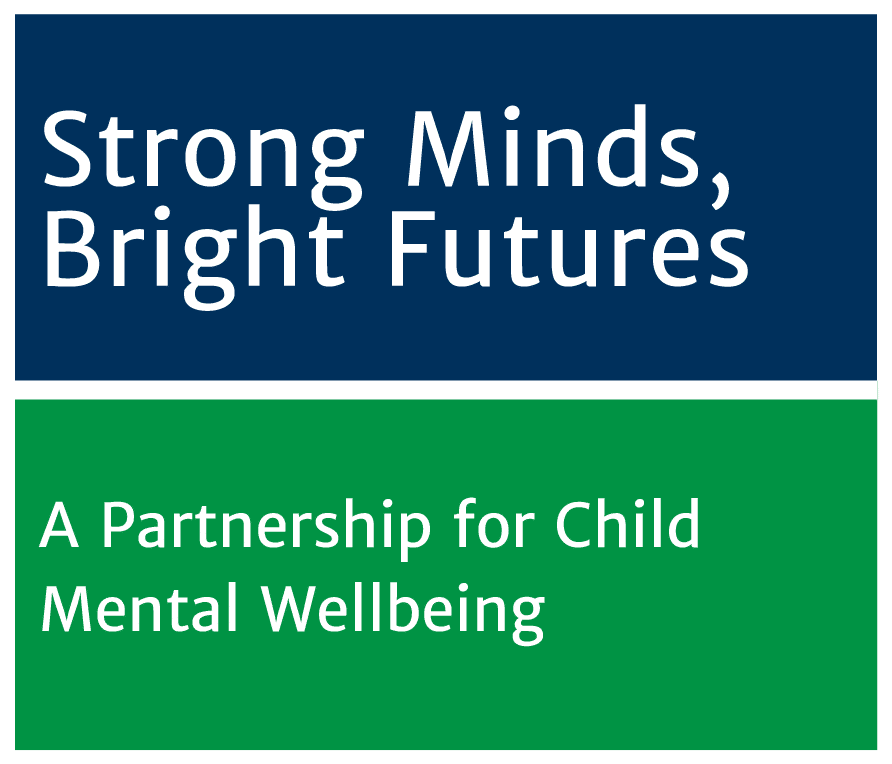
Mental Health
A child’s emotional and mental well-being is just as important as their physical health. Exposure to traumatic experiences – violence, neglect, and the deprivation that often accompanies poverty – can negatively affect children’s behavior, their relationships with family and friends, and their success in school.
For every child to live their best life as a happy, healthy, and productive adult, it’s imperative to address the conditions that contribute to mental health problems and remove barriers to care.
Mental Health Priorities
- Preventing exposure to one-time or ongoing traumatic experiences such as violence, neglect, or racism that can negatively affect children’s emotional and mental well-being.
- All children should have access to quality mental health services, regardless of insurance coverage, socioeconomic status, or citizenship.
- Mental health services and supports must be high-quality, culturally relevant, age-appropriate, and patient-centered.

Children First spearheaded the creation of the Strong Minds, Bright Futures Partnership. The Partnership unites educators, health providers, parent and youth advocates, civic leaders, and community organizations. From rural health systems to school districts and community-based organizations, the partners advance smart policies, expanding access to early support, and turning ideas into action—so every child has the opportunity to thrive, close to home.
For more information, visit the Strong Minds, Bright Futures website or email info@strongmindspa.org.
Parent/Caregiver Toolkit for Kids’ Behavioral Health
Explore the resources below to learn more about getting your child the support they need. If you have any questions or need further assistance, please call 215-563-5848 or email behavioralhealth@childrenfirstpa.org
- Understanding the Alphabet Soup: Key terms for children’s behavioral health
- Use this guide if you are unfamiliar with behavioral health and want to learn more about what services and supports are available to your child.
- Flowchart for Medicaid
- If you would like to take the next step and get your child the behavioral health support that they need, this is a step-by-step guide for navigating Medicaid coverage for kids’ behavioral health.
- Medicaid plans are plans such as Keystone First, Health Partners, United.
- Flowchart for Commercial Insurance Plans
- If you would like to take the next step and get your child the behavioral health support they need, this is a step-by-step guide for navigating commercial insurance coverage for kids’ behavioral health.
- Commercial insurance plans are usually through your job, and include plans such as Independence Blue Cross, Cigna, or Aetna.
- Flyers you can share information with your friends, families, and loved ones. Feel free to print these flyers that will help them get connected on learning how to find Behavioral Health resources for children and teens.
- School Nurse and Counselor Manual
- Has a comprehensive section on Behavioral Health.
Downloads
RESOURCES : MENTAL HEALTH
ALL RESOURCES
